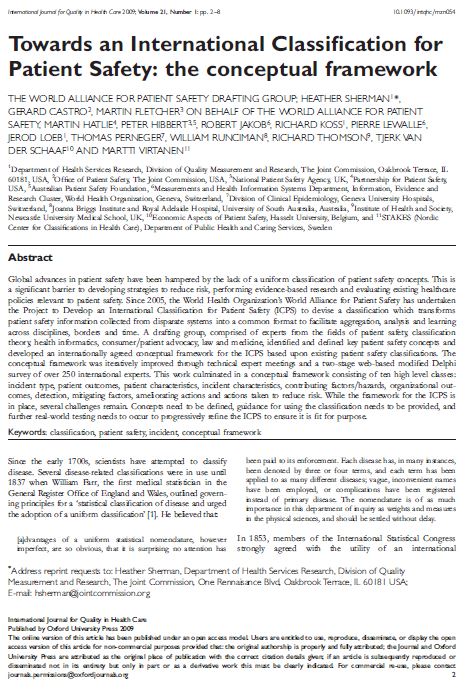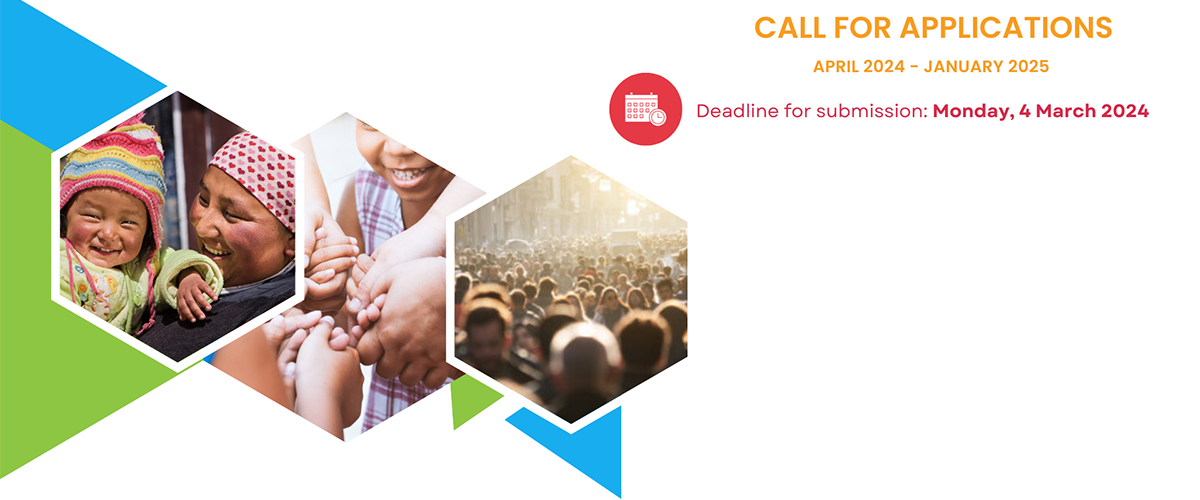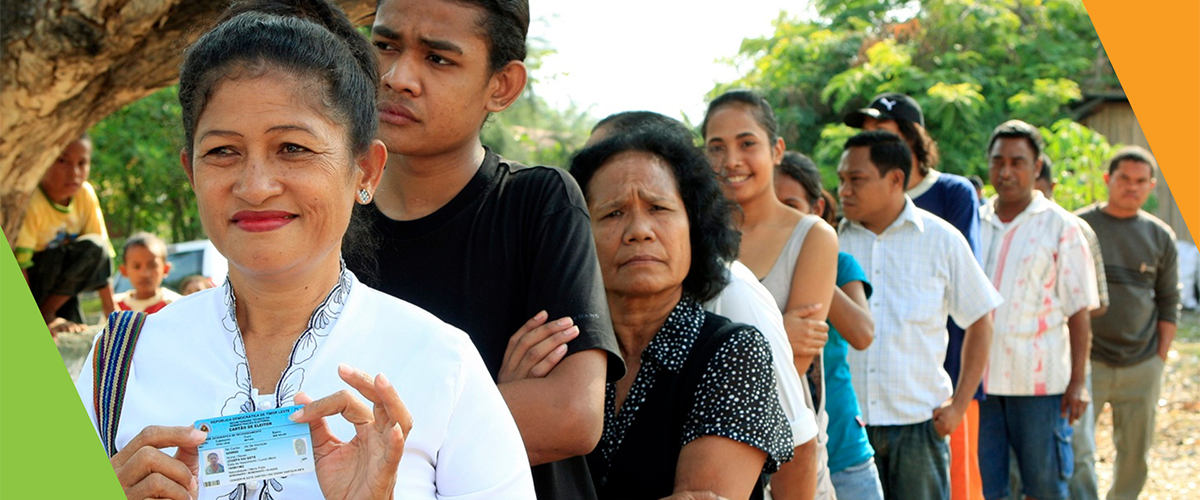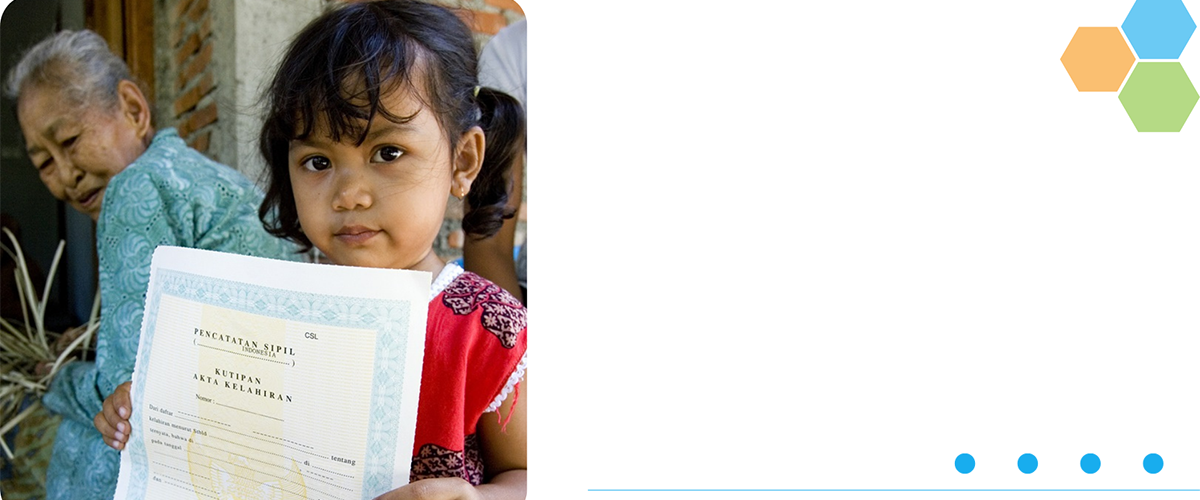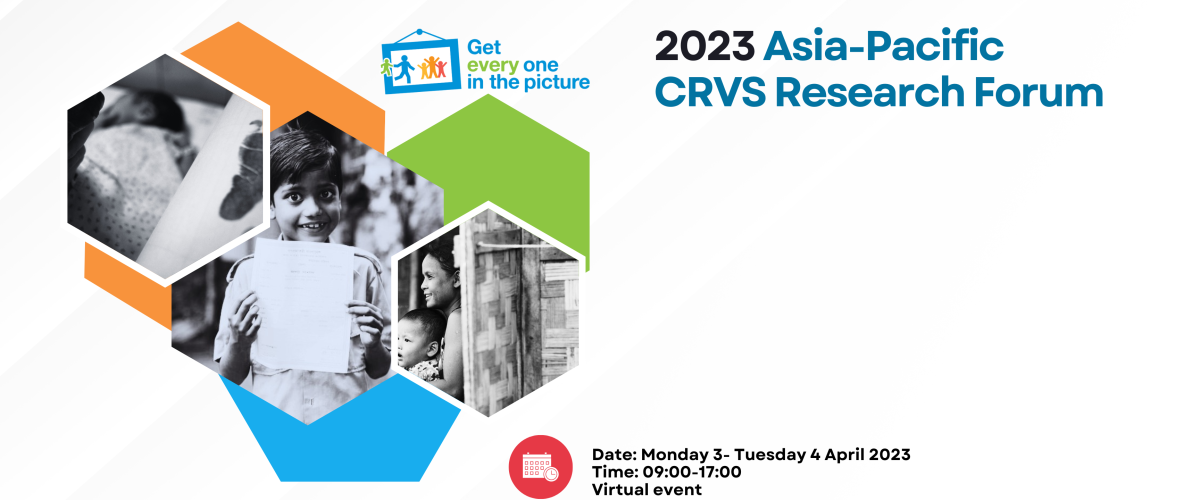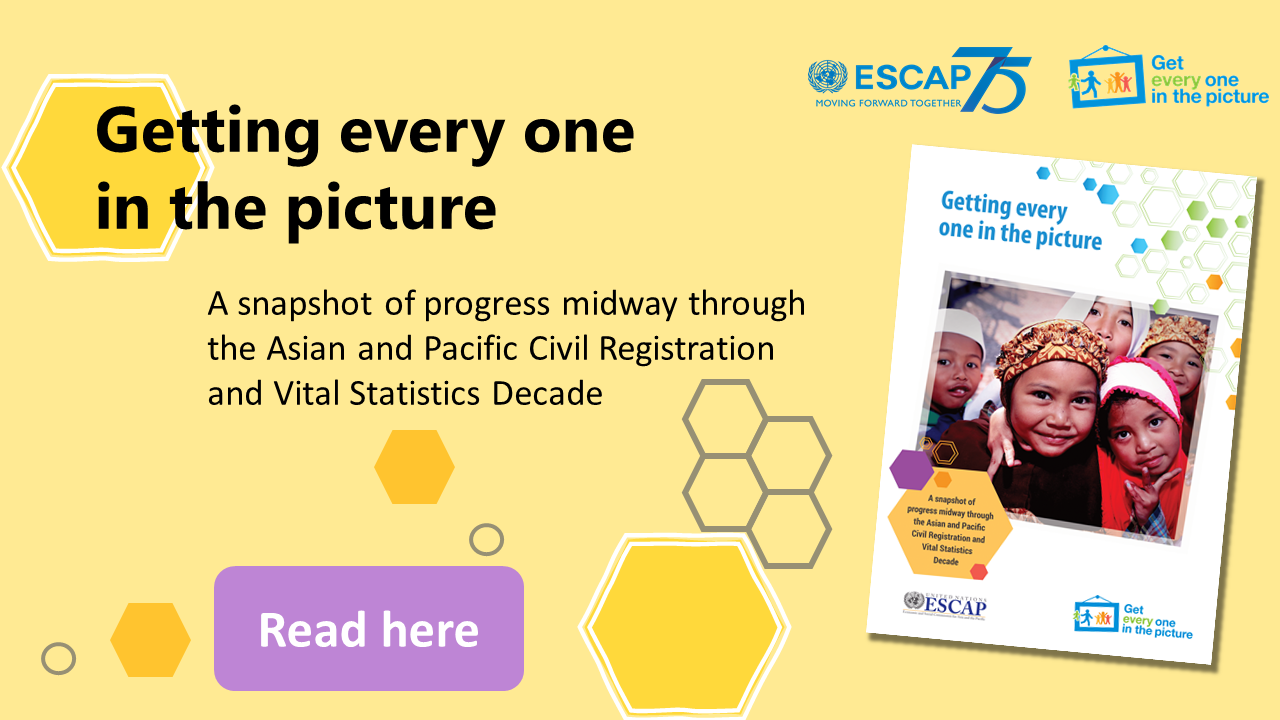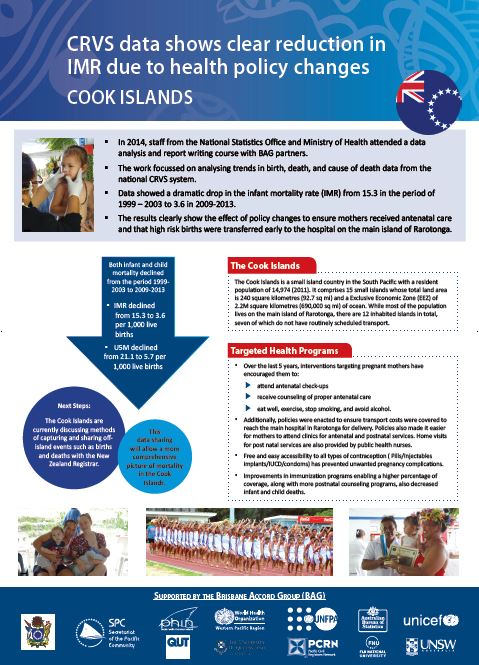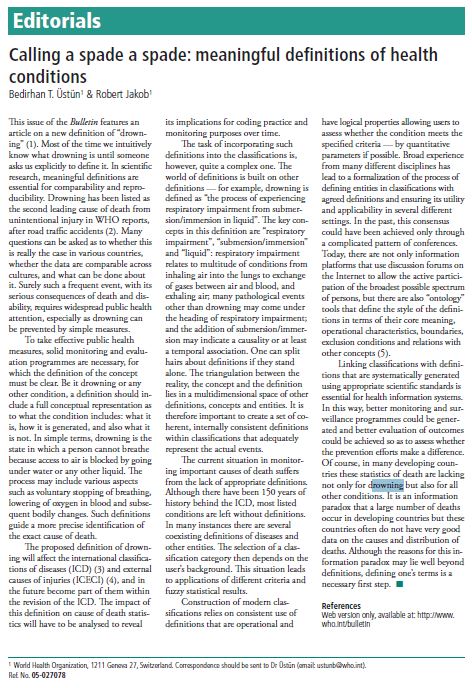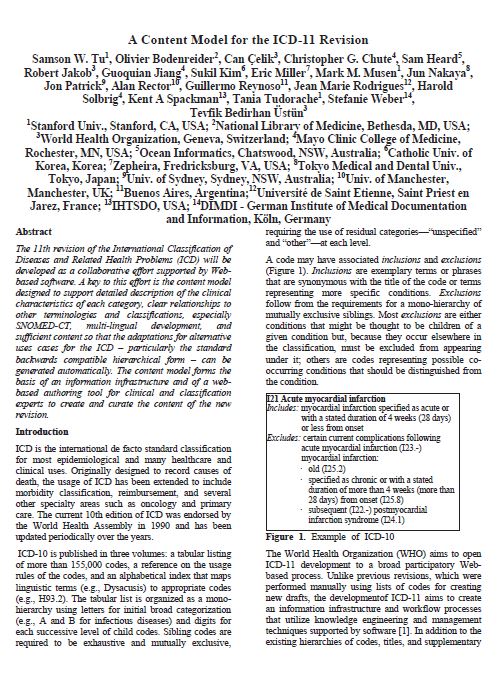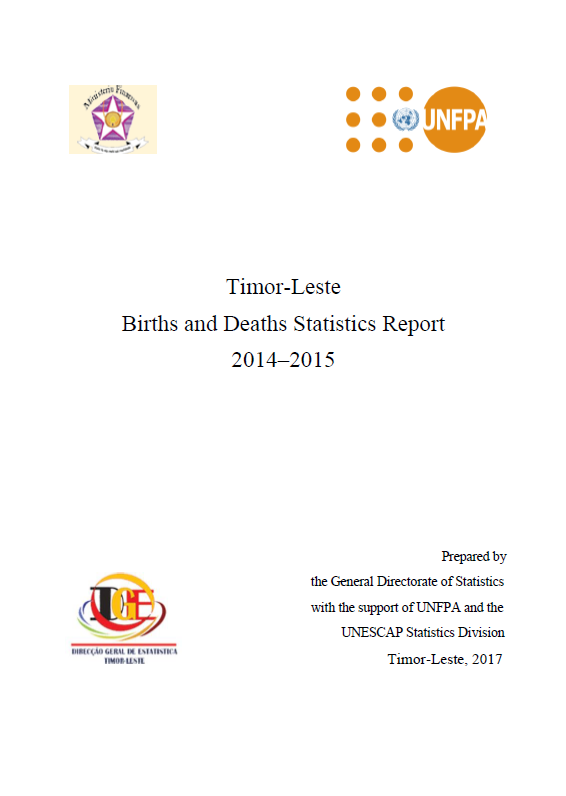Global advances in patient safety have been hampered by the lack of a uniform classification of patient safety concepts. This is a significant barrier to developing strategies to reduce risk, performing evidence-based research and evaluating existing healthcare policies relevant to patient safety. Since 2005, the World Health Organization’s World Alliance for Patient Safety has undertaken the Project to Develop an International Classification for Patient Safety (ICPS) to devise a classification which transforms patient safety information collected from disparate systems into a common format to facilitate aggregation, analysis and learning across disciplines, borders and time. A drafting group, comprised of experts from the fields of patient safety, classification theory, health informatics, consumer/patient advocacy, law and medicine, identified and defined key patient safety concepts and developed an internationally agreed conceptual framework for the ICPS based upon existing patient safety classifications. The conceptual framework was iteratively improved through technical expert meetings and a two-stage web-based modified Delphi survey of over 250 international experts. This work culminated in a conceptual framework consisting of ten high level classes: incident type, patient outcomes, patient characteristics, incident characteristics, contributing factors/hazards, organizational out-comes, detection, mitigating factors, ameliorating actions and actions taken to reduce risk. While the framework for the ICPS is in place, several challenges remain. Concepts need to be defined, guidance for using the classification needs to be provided, and further real-world testing needs to occur to progressively refine the ICPS to ensure it is fit for purpose.
